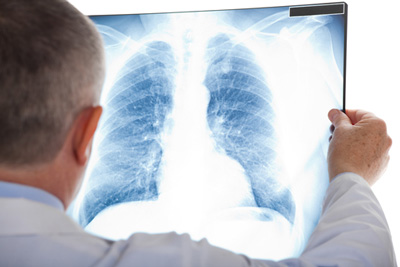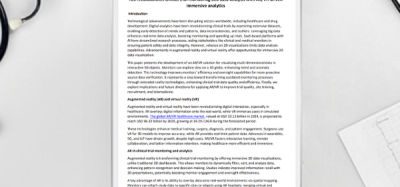Afatinib demonstrates superior PFS to gefitinib in NSCLC trial
Posted: 27 January 2016 | | No comments yet
Results from the LUX-Lung 7 trial demonstrated superiority in progression-free survival and time to treatment failure with Boehringer Ingelheim’s Giotrif/Gilotrif (afatinib) versus Iressa (gefitinib)…


Results from the LUX-Lung 7 trial demonstrated superiority in progression-free survival (PFS) and time to treatment failure with Boehringer Ingelheim’s Giotrif/Gilotrif (afatinib) versus Iressa (gefitinib) in the first-line treatment of patients with advanced non-small cell lung cancer (NSCLC) with common EGFR mutations (del19 or L858R).


The Phase IIb trial met two of its co-primary endpoints of PFS by independent review and time to treatment failure (a measure of time between start, and discontinuation of treatment for any reason). Data for the third co-primary endpoint, overall survival (OS), are not yet mature and will be presented in the future.
Results from the LUX-Lung 7 trial showed that afatinib significantly reduced the risk of lung cancer progression by 27% versus gefitinib. The improvement in PFS became more pronounced over time, with a significantly higher proportion of patients alive and progression-free at 18 months (27% vs 15%) and 24 months (18% vs 8%), showing a greater long-term benefit to using afatinib versus gefitinib. In addition to superior PFS, patients on afatinib had a significantly longer time on treatment: risk of treatment failure reduced by 27%, versus gefitinib. Significantly more patients had an objective tumour response with afatinib when compared to gefitinib (70% vs 56%), with a median duration of response of 10.1 months and 8.4 months, respectively. The improvement in PFS with afatinib was consistent across most pre-defined clinical subgroups, including gender, age, race and EGFR mutation type.
Results provide important guidance
Commenting on the results, LUX-Lung 7 lead investigator Professor Keunchil Park, said, “LUX-Lung 7 is the first global trial directly comparing two EGFR-directed therapies and the results demonstrate the benefits of second-generation inhibitor afatinib, compared to first-generation drug, gefitinib, in first-line therapy. These results provide important guidance on the choice of first-line treatment for patients with EGFR mutation-positive lung cancer.”
Adverse events (AEs) observed in the LUX-Lung 7 trial were consistent with the known safety profiles of both treatments. Treatment with both afatinib and gefitinib was generally tolerable, leading to an equally low rate of treatment-related discontinuation in both arms (6.3%). The overall frequency of serious AEs was similar for both.









